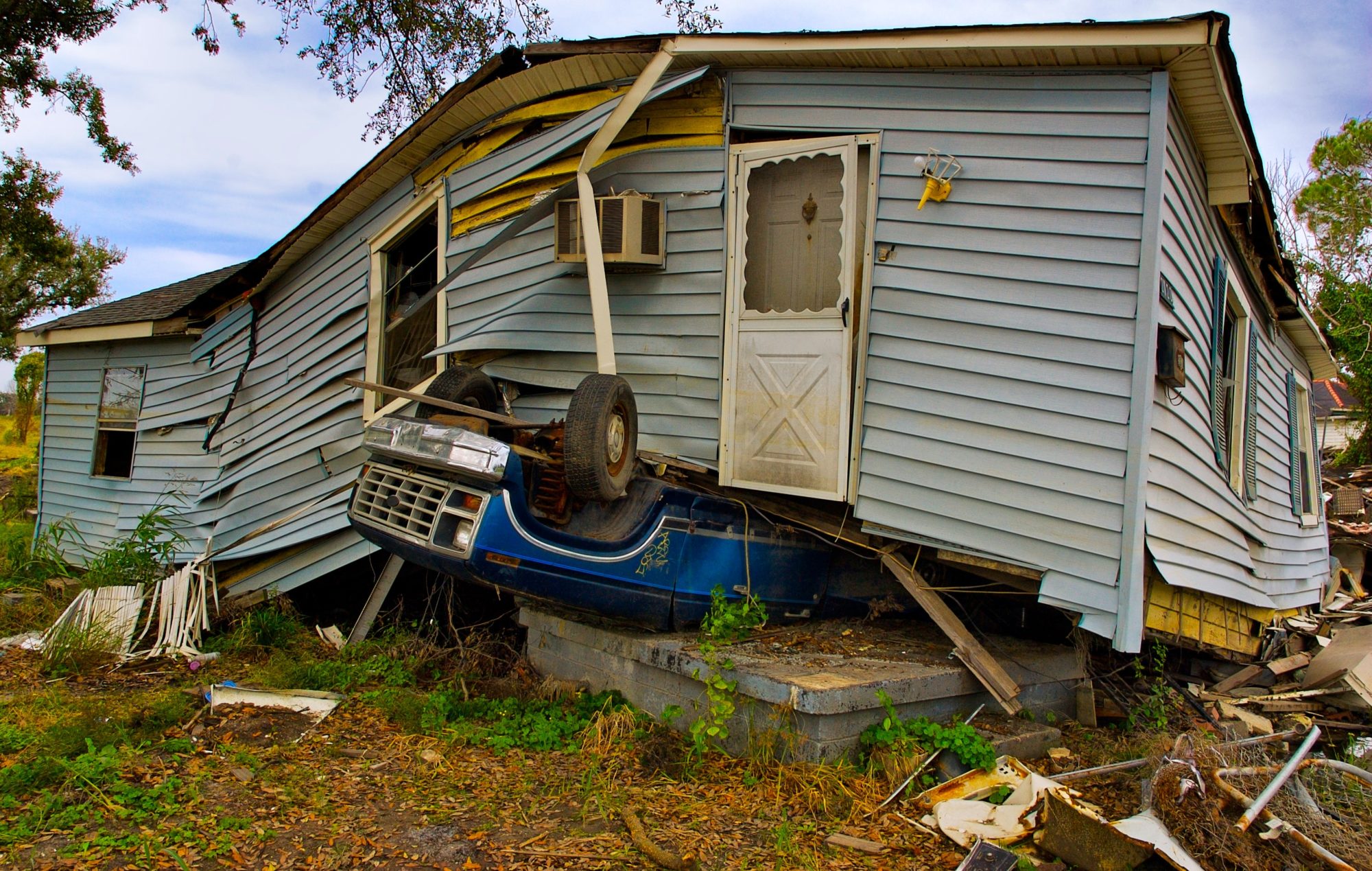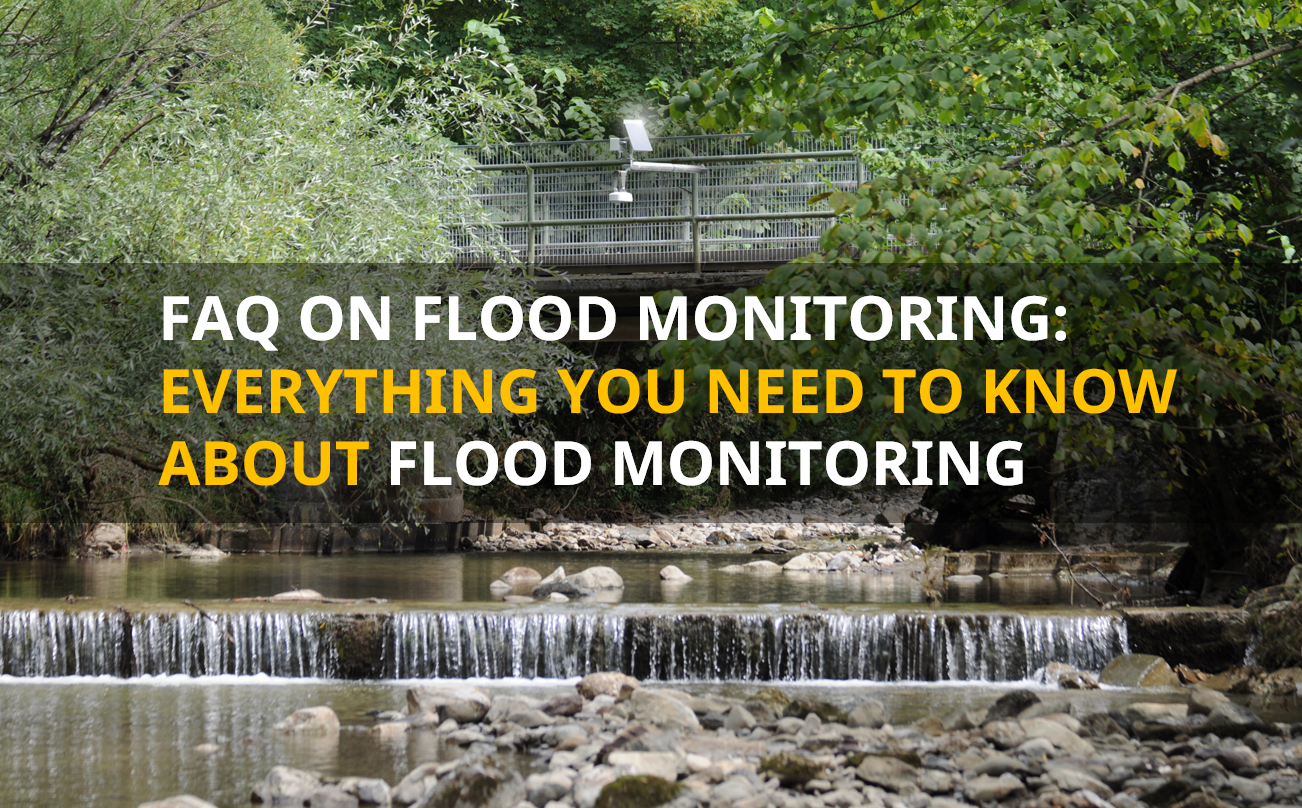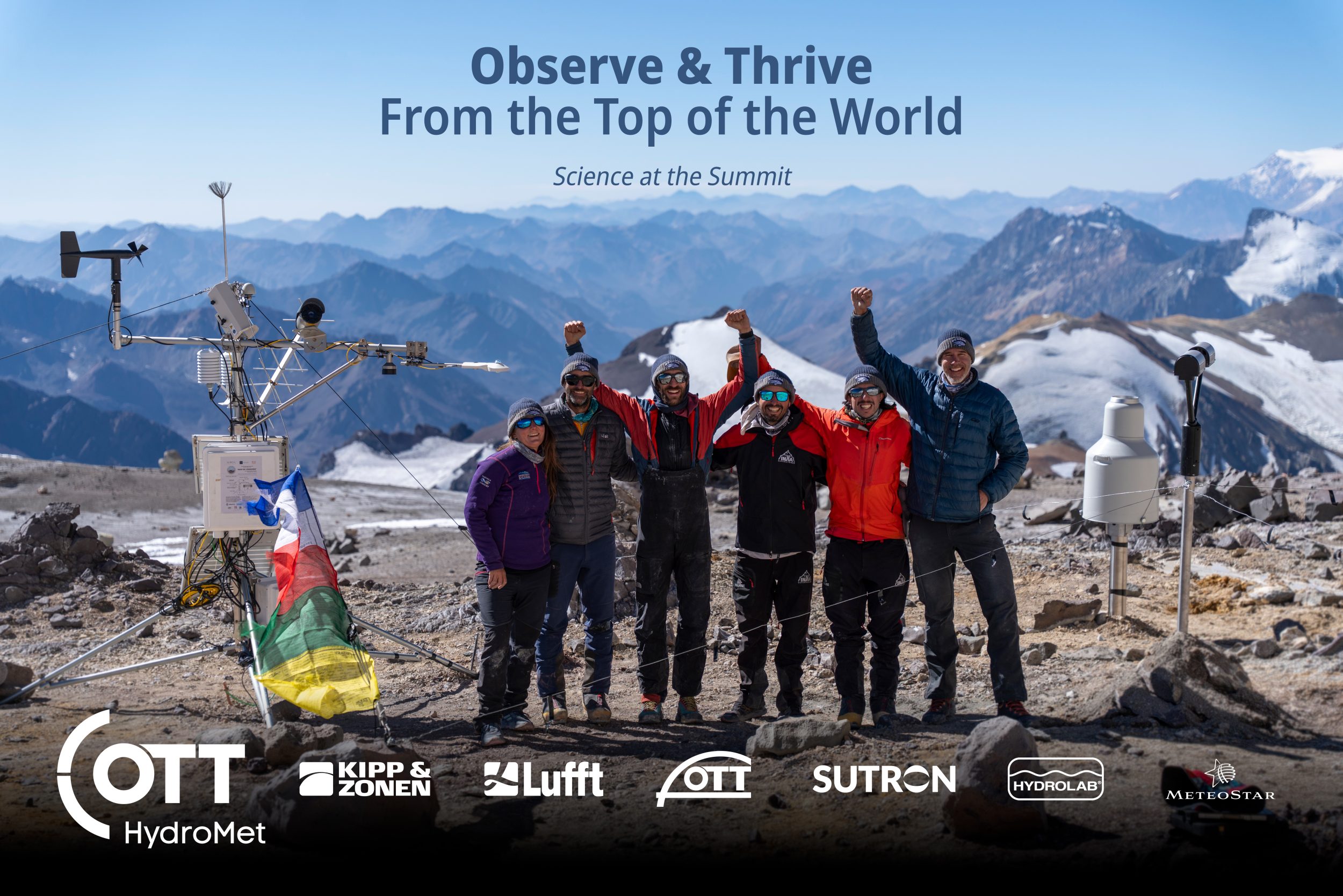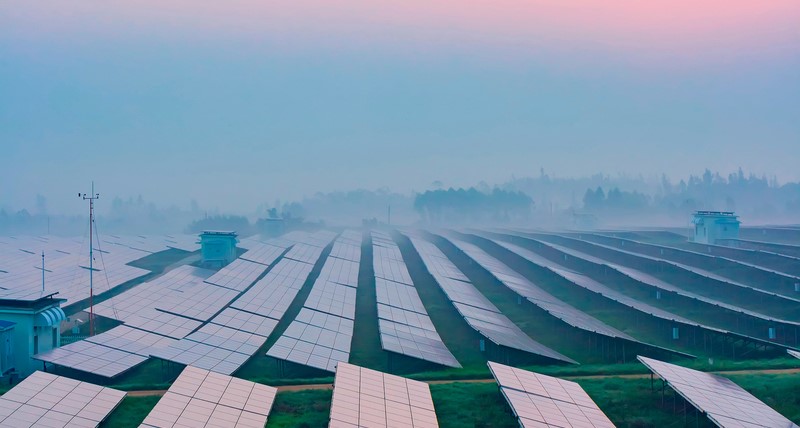The weather is becoming deadlier. The past two decades brought nearly twice as many natural disasters as the 20 years before. Rising temperatures fuel both the frequency and the impact of various types of extreme weather events. Meteorological monitoring as a basis for disaster prediction can save lives.
Floods, storms, earthquakes, droughts, wildfires, … – There is a wide variety of natural disasters. Apart from earthquakes, all of them are related to the climate. According to a recent study by the United Nations Office for Disaster Risk Reduction (UNDRR), extreme weather events are increasing in number, causing more deaths and damage to the environment and infrastructure.
7,348 natural disasters were recorded worldwide between the years 2000 and 2019 compared to 4,212 between 1980 and 1999. These figures were counted by the Emergency Events Database (EM-DAT), that contains data on more than 24,000 technological and natural hazard-related data from 1900 up to this day.
What is the difference between a hazard and a disaster?
The UNDRR report’s authors define a natural hazard as a severe or extreme event like a flood, storm, drought, heatwave, etc. A disaster, according to EM-DAT’s definition, is a natural hazard conforming to at least one of the following criteria:
- 10 or more people dead;
- 100 or more people affected;
- The declaration of a state of emergency
Two main reasons cause the dramatic rise in numbers. First, the global temperature rise and its various effects on the climate and the weather. Second, dense and still growing populations in potentially endangered areas. In the United States, one of three houses is at high risk of a natural disaster, according to a study by CoreLogic, quoted in a CNCB article.
Meteorological and hydrological disasters are the most frequent ones
Despite strong regional differences regarding their geological and climatological properties, meteorological and hydrological events are the most frequent disaster type for all areas around the world. Floods (44 %) and storms (28 %) amounted to nearly three quarters of all natural disasters between 2000 and 2019. Therefore, the UNDRR recommends to heavily invest in accurate weather forecasting flood warning systems. They hold the potential to protect vulnerable populations worldwide and save thousands of lives, the report says.
For environmental monitoring systems providers like OTT HydroMet, this goes along with a trend to develop more comprehensive solutions in the future – from multi-parameter stations to communication to software. Victor Cassella, experienced meteorologist and Sales Manager for OTT HydroMet, supports this statement. “The need for environmental data to the general public is increasing. We’ve seen tons of crazy weather in 2020 with forest fires, heat-waves, tornadoes, hurricanes. This is where we come into play”, he said in our latest podcast episode.
Extreme weather events are one of the major topics we identified for the meteorological industry. Find more information including the link to the UNDRR report and further content in our 2021 Meteorological Trends.
Photo by John Middelkoop / Unsplash




